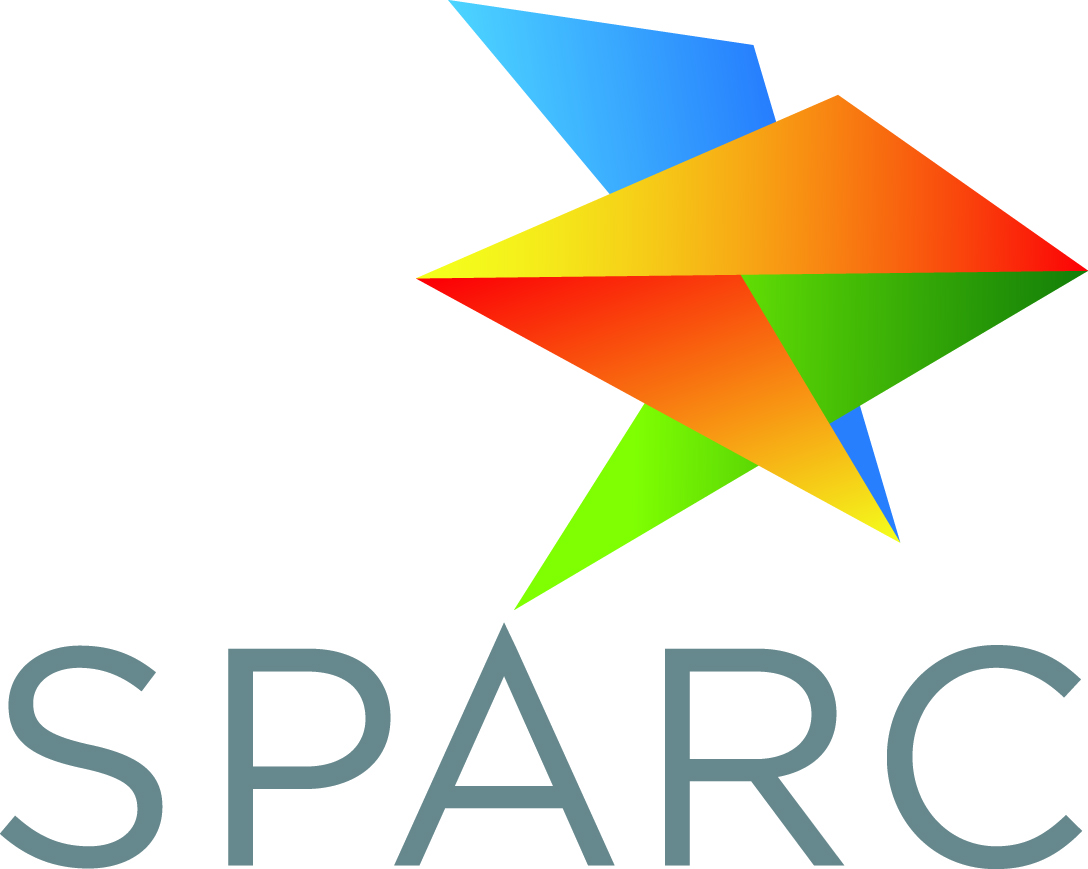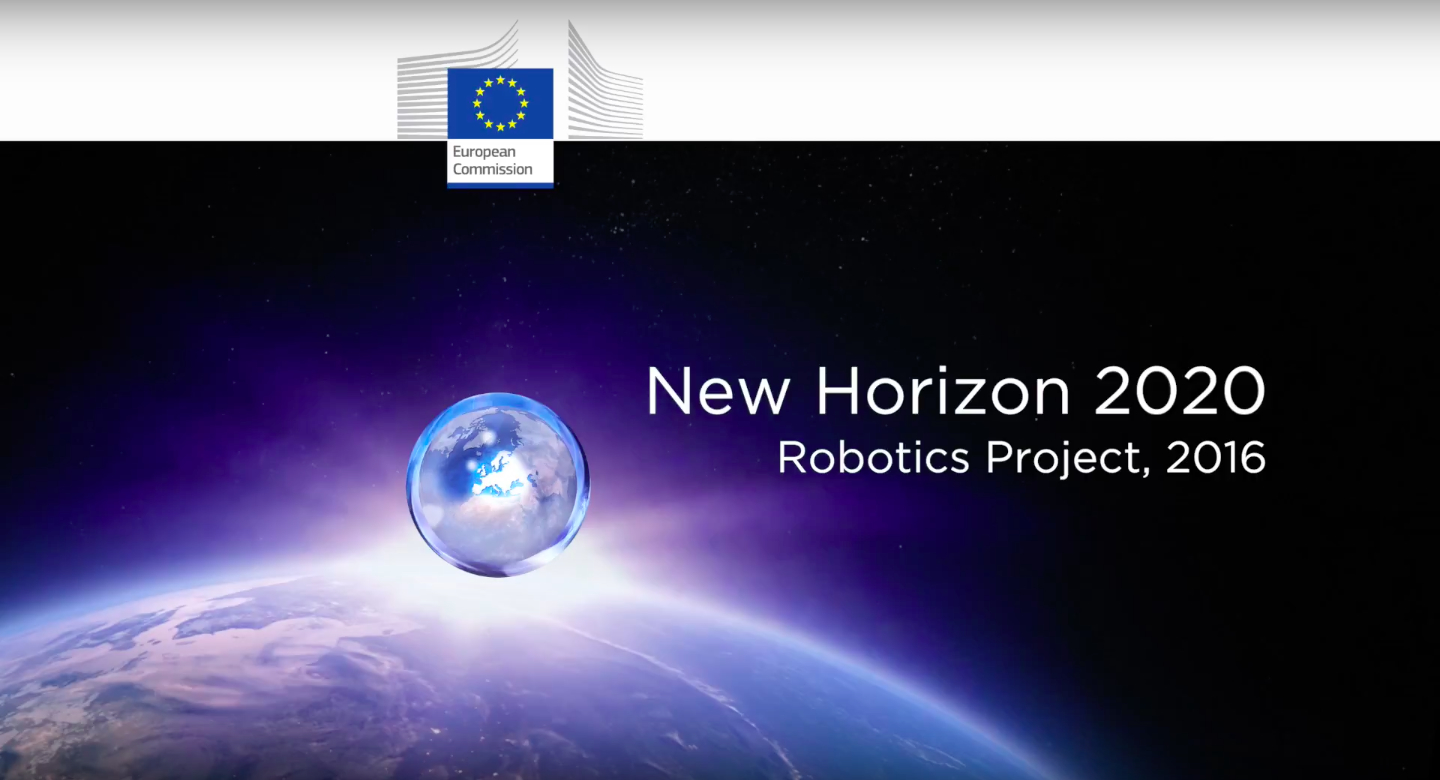
Robohub.org
New Horizon 2020 robotics projects, 2016: HEPHAESTUS
In 2016, the European Union co-funded 17 new robotics projects from the Horizon 2020 Framework Programme for research and innovation. 16 of these resulted from the robotics work programme, and 1 project resulted from the Societal Challenges part of Horizon 2020. The robotics work programme implements the robotics strategy developed by SPARC, the Public-Private Partnership for Robotics in Europe (see the Strategic Research Agenda).
Every week, euRobotics will publish a video interview with a project, so that you can find out more about their activities. This week features HEPHAESTUS: Highly automatEd PHysical Achievements and performancES using cable roboTs Unique SysHighly automatEd PHysical Achievements and performancES using cable roboTs Unique Systemstems.
Objectives
Hephaestus project addresses novel concepts to introduce Robotics and Autonomous Systems use in the Construction Sector where the presence of this type of products is minor or almost non-existent. It focuses to give novel solutions to one of the most important parts of the construction sector, the part related to the facades and the works that need to be done when this part of a building is built or need maintenance. It proposes a new automatized way to install these products providing a whole solution not only highly industrialized in production but also in installation and maintenance.
Expected impact
Hephaestus aims at automating the On-site Execution or Installation process for empowering and strengthening the Construction Sector in Europe and for positioning the European Robotic Industry as leader and reference in the huge and new growing market for the robotics. Hephaestus solution will allow reducing up to 90% the number of work accidents during façade installation process, reducing around 20% of installation cost and around 44% of the annual maintenance and cleaning costs. Curtain wall construction currently accounts for an annual market of €30,000 million in Europe.
Partners
FUNDACIÓN TECNALIA R&I
TECHNISCHE UNIVERSITÄT MÜNCHEN
FRAUNHOFER- IPA
CNRS-LIRMM
CEMVISA VICINAY
NLINK AS
Coordinator:
Coordinator: Julen Astudillo Larraz, TECNALIA
Julen.astudillo@tecnalia.com
Project website: www.hephaestus-project.eu
If you enjoyed reading this article, you may also want to read:
- New Horizon 2020 robotics projects, 2016: Co4Robots
- New Horizon 2020 robotics projects, 2016: An.Dy
- New Horizon 2020 robotics projects, 2016: BADGER
- Two Horizon 2020 projects researching EU Digital Industrial Platform for Robotics
- EU’s Horizon 2020 has funded $179 million in robotics PPPs
See all the latest robotics news on Robohub, or sign up for our weekly newsletter.
tags: c-Industrial-Automation, Industrial Automation





